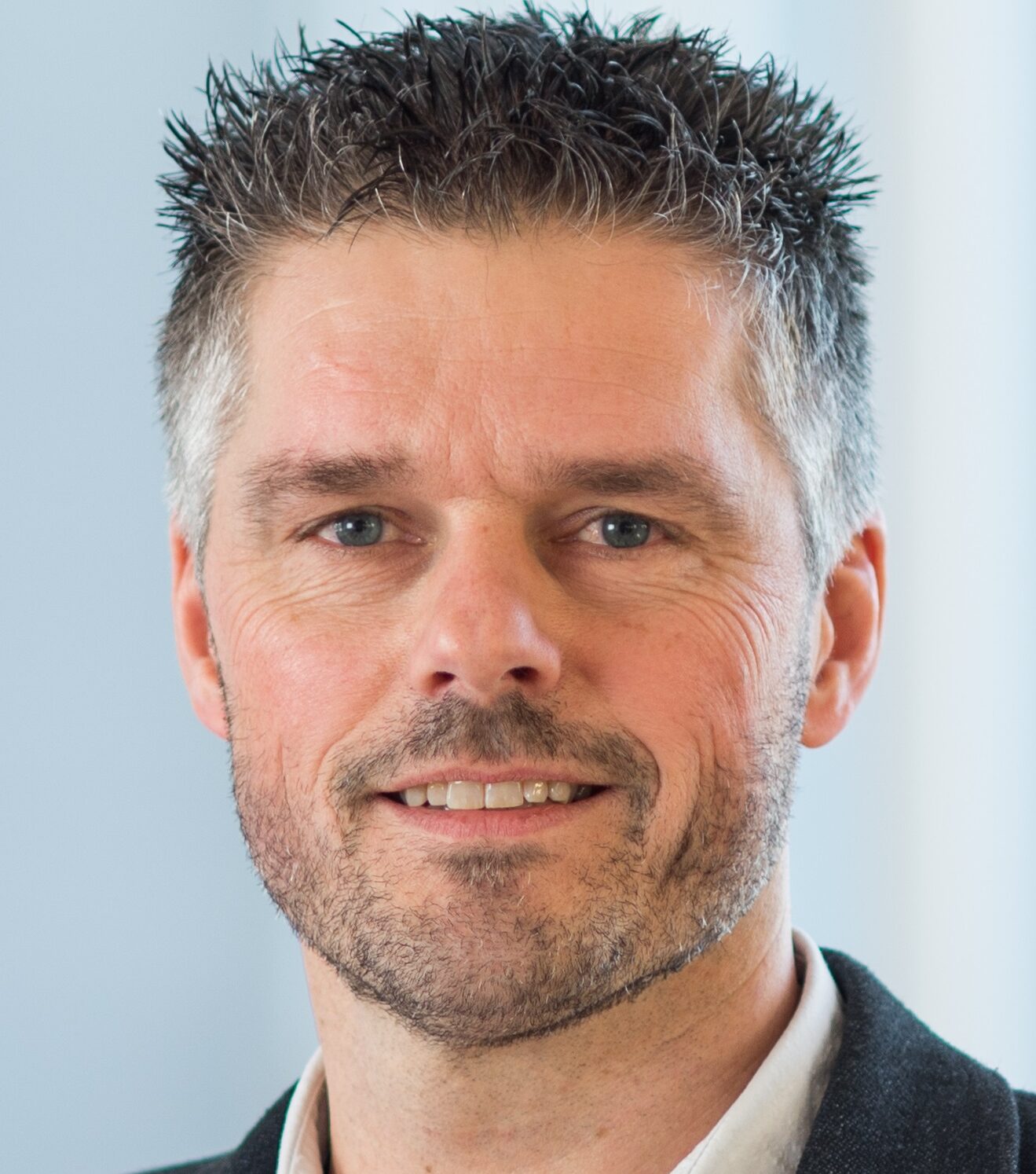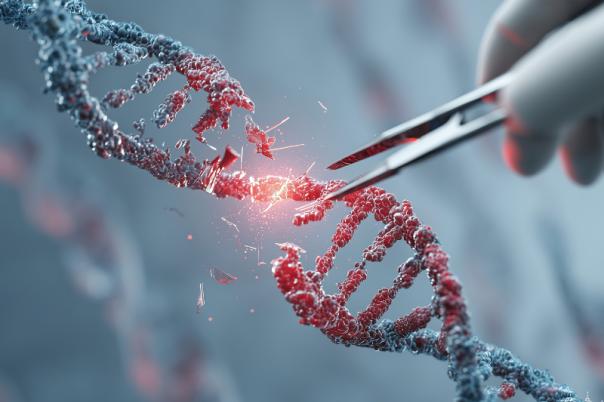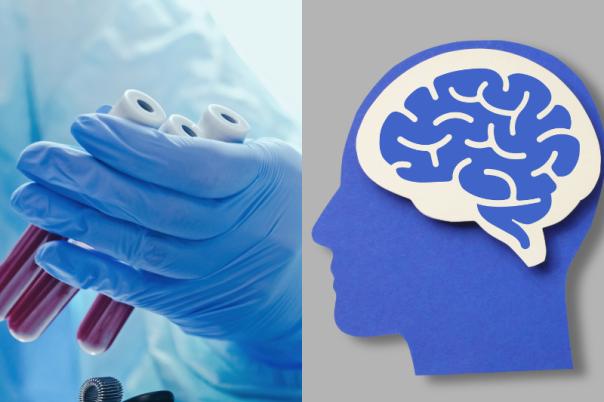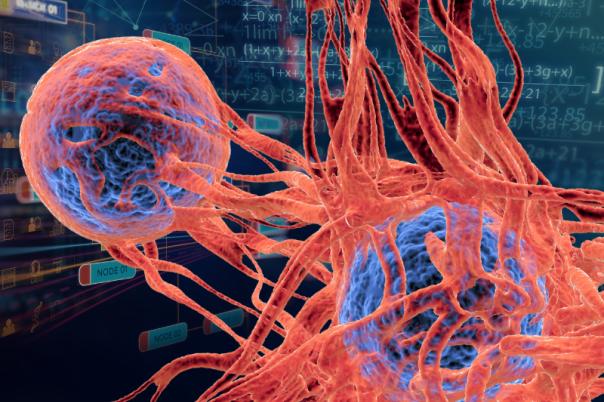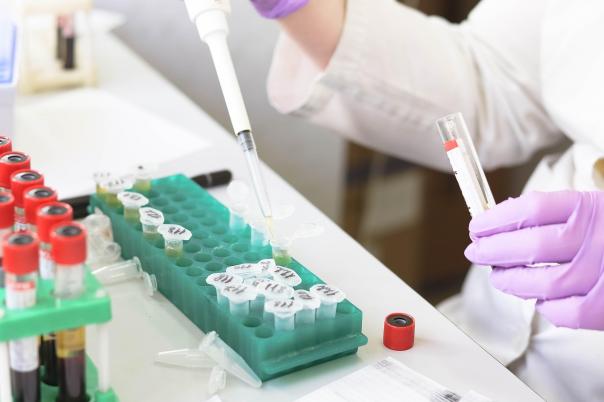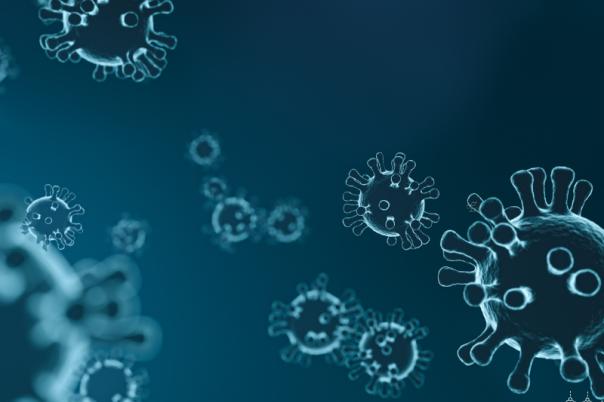The University Medical Centre (UMC) at Radboud University in the Netherlands combines the facilities of a medical school and specialist hospital. It’s a sizable institution, employing around 13,000 with around 3,500 students, focusing on research, education, and patient care. Alain van Gool is a Professor of Personalised Healthcare at Radboud’s UMC, and in this presentation he outlined the UMC’s approach to integrating its research to drive innovations in personalised healthcare.
This approach centres around three core tasks: research education and patient care, which van Gool were the values that drew him to the UMC. These values are explored across multiple clinical centres and departments. One of these centres is the Centre for Diagnostics and Advice which operates across 6 clinical laboratories with over 1200 employees who focus on translating research into patient care.
Furthermore, the UMC organises its technologies into 19 different centres, facilitating collaboration and innovation in diagnostics and patient care. Van Gool’s department, the Human Genetics department, focuses on rare diseases, sequencing patients diagnostically, and researching disease mechanisms and technologies.
Van Gool then introduced the Netherlands Cross Omics initiative, funded by The Dutch Research Council (NWO). This initiative aims to push omics technologies and connect them into a multi-omics effort, achieving significant progress within five years.
Research included exploration into induced pluripotent stem cells (iPSCs) for rare diseases. This involves multi-omics profiling to understand stem cell generation and variability. Furthermore, the UMC has implemented several clinical innovations, including metabolomics in diagnostics, plasma glycoproteomics, and AI for genetic disorder recognition.
Finally, van Gool discussed a new mass spectrometry-based assay for multiple myeloma. He outlined how this provided a more sensitive and reproducible method for monitoring minimal residual disease compared to traditional gel-based assays.
